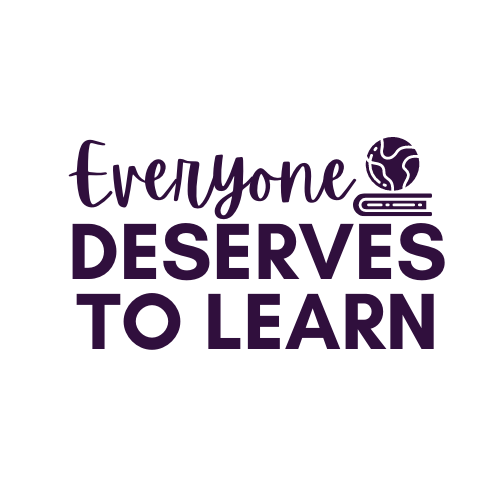NJ Curriculum Mandate Lesson Connections
Open your mind to the possibilities of frequent, consistent connections. Sometimes a connection can be a major part of a lesson, sometimes all it takes is a sentence or two. Below, I'll share some examples from current lesson plans at various grade levels to hopefully spark some inspiration.
1st grade vocab word: adapt.
Potential connections: Holocaust "We know that the word adapt means to change. We know that animals adapt to their environment. We also know that people and animals can adapt to changes in weather. But guess what? Sometimes behavior has to adapt, too. A long time ago, there were people in Germany who didn't think the Jewish religion was a good religion. We know that's not fair- in the US, everyone can practice whatever religion they like. But, the people in the government changed the rules and made them unfair. People who were Jewish couldn't go to parks, playgrounds, move theaters, or restaurants. Their lives had to adapt to the new, unfair rules, and it was really, really hard. Can you imagine not being able to go to your favorite park? How might you adapt?
6th grade math: order of operations
Potential connections: FinLit, SEL, DEI "When we use the order of operations, we're using something called priorities. A priority is the thing we do FIRST. It's the most important task, the task that has to happen before all the other tasks can happen. When you get ready for school in the morning, what's your priority? Is it getting dressed, brushing your teeth, having breakfast? What's the thing you HAVE to do? (open to discussion) Here's another example. Let's say someone's family has to pay the water bill, buy new sneakers, pay the internet bill, and put gas in their car. What do you think would be the order of operations? (open to discussion) One last question- when you're feeling overwhelmed, with homework to do, tests to study for, siblings to take care of, and friends to text back, what's YOUR order of operations?
4th Grade ELA: King George III/American Revolution
Potential connections: Amistad: "We have learned a lot about America's relationship with Great Britain. We know that King George wanted to keep the colonies under British rule, paying British taxes, which wasn't fair. Here's another fact about King George: he abolished the slave trade in Great Britain in 1807, BUT he didn't free the enslaved people. Abolishing the slave trade meant that people could not buy or sell enslaved people, but it did not make enslaved people free. That didn't happen until 1838. That was 25 years before Abraham Lincoln issued the Emancipation Proclamation, freeing enslaved people in the United States."
8th Grade: Civil War
Potential connections: LGBTQ, DEI: "Let's consider the ways women were viewed during and after the Civil War. Did you know that there was a different proposal for the 13th amendment? It would have granted women equal citizenship rights. 'All persons are equal before the law, so that no person can hold another as a slave; and the Congress shall have the power to make all laws necessary and proper to carry this declaration into effect everywhere in the U.S.' Can you guess what happened to it? Spoiler alert...it got tossed out. (more info here)
PreK: Watercolors
Potential connections: LGBTQ, DEI. "Watch how the water blends the edges of the colors together. What happens when the blue touches the yellow? What happens when the red touches the blue? When we put colors together, they create new colors. It's the same with families. When people love each other, they can form a new family!"
3rd Grade: Arrays
Potential connections: DEI, SEL "Let's say I have 24 cupcakes. I can make an array of 6 cupcakes by 4 cupcakes, or I can flip it, and make an array of 4 cupcakes by 6 cupcakes! They are EQUAL groups. But sometimes, equal isn't always fair. Can you think about a time everyone got the same thing, but it wasn't fair?"
Phys Ed: Golf
Potential connections: Amistad, DEI. Jim Crow laws in the South prevented white and Black people from drinking at the same water fountains, going to the same restaurants, and even playing on the same golf courses. A Black man named Joe Bartholemew helped build a golf course in New Orleans. He was not allowed to play on it after he had build it. Invention of the golf tee is credited to Dr. George F. Grant, who never received any money from his invention.
